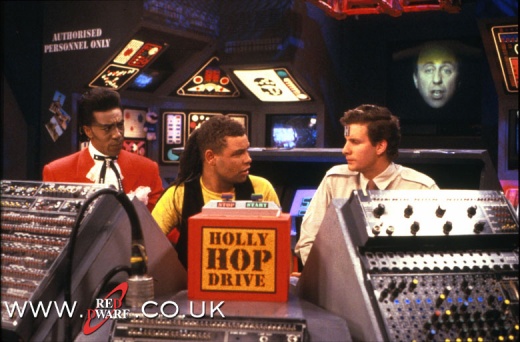Better and Fairer Management Control Systems
This is one of our free-to-access content pieces. To gain access to all Ideas for Leaders content please Log In Here or if you are not already a Subscriber then Subscribe Here.

Management control systems can be formal and/ or informal, fair or unfair. In order to achieve an organizations overall goals, the best systems are fair and formal, with the users of the system also fair. The opposite, an unfair system with unfair users (i.e. two unstable states) leads to total goal incongruence – a not unusual state which can be very damaging to any organization.
One way that organizations ensure that they accomplish certain objectives is through management control systems. These systems reward and promote employees according to certain criteria, in order to achieve goal congruence. According to the authors, very little research into the design of control systems that lead to goal congruence takes into account the role that both formal and informal elements play in the control process, focusing primarily on formal elements.
They describe a formal system as a management control structure, with the structure of the responsibility properly specified and defined. These are particularly suitable for cybernetic systems where there are more certainties than uncertainties. But, they say, there are always informal components involved in a control system too; for example, the associated rewards and penalties tend to be informal.
They go on to discuss the importance of fairness, or organizational justice, and how a combination of fairness that is embedded in rules and fairness of managers’ actions can guarantee different levels of goal congruence.
They propose a model that considers managerial action and management control system design in combination, and it shows which combination of the two is most conducive to goal congruence over time. Thus, they argue that subjective aspects of justice, manifested in the way the system is used, are capable of improving the organization and increasing people’s identification with the organization’s mission and their commitment to its goals. Over time, this may lead to greater goal congruence.
The authors stress that justice is closely and crucially related to management control systems. They propose that there are formal and informal aspects to fairness; formal fairness is associated with the formal control design, while informal fairness is associated with the control action taken by the decision maker. In other words, a control system design can be either formally fair or formally unfair, while the use of the system can be either fair or unfair.
They propose four possible combinations with respect to goal congruence:
In conclusion, the authors suggest that when a formally fair management control system design is used fairly, the alignment of individuals and organization may be close to perfect, and to a high degree of identification of members with the organization. Ideal goal congruence is a stable state of equilibrium that tends to continue over time.

Ideas for Leaders is a free-to-access site. If you enjoy our content and find it valuable, please consider subscribing to our Developing Leaders Quarterly publication, this presents academic, business and consultant perspectives on leadership issues in a beautifully produced, small volume delivered to your desk four times a year.

For the less than the price of a coffee a week you can read over 650 summaries of research that cost universities over $1 billion to produce.
Use our Ideas to:
Speak to us on how else you can leverage this content to benefit your organization. info@ideasforleaders.com